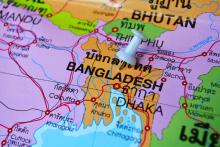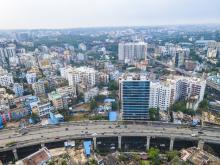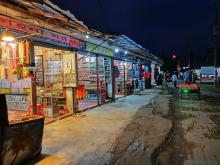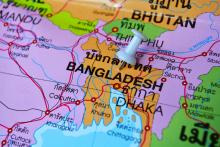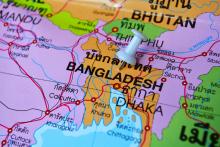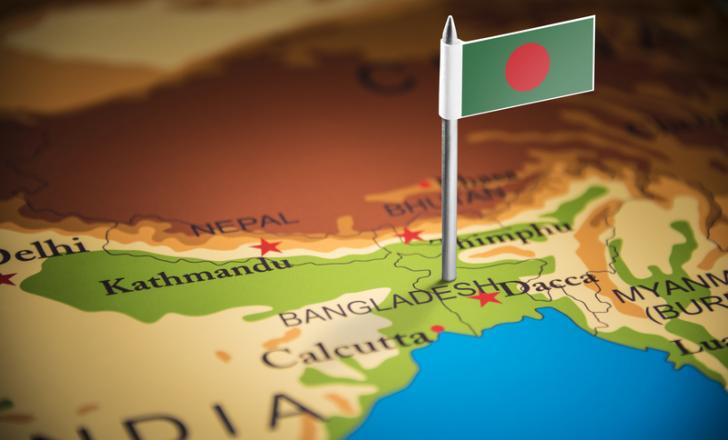
A major highway contract in Bangladesh has been awarded to joint venture partnerships comprising Chinese and local firms. The contract is for the expansion of the Dhaka-Sylhet Highway and was awarded by the Bangladesh Ministry of Road Transport and Bridges.
The contract to upgrade and improve the Dhaka-Sylhet Highway so that it has two lanes in either direction will be handled by China-Bangladesh joint venture (JV) companies. The partners will develop the country's second-most important artery known as N2, according to the Roads and Highways Department of Bangladesh.
The Roads and Highways Department (RHD) under the Ministry of Road Transport and Bridges awarded a Taka 9.25-billion contract to Longjian Road and Bridge Company of China and Max Infrastructure of Bangladesh. The partners will work on an 18km road widening project between Kanchpur intersection to Chanpara.
In another contract worth Tk 13.98 billion, Zhengzhou City Highway Engineering Corporation of China and Max Infrastructure were awarded the 17km widening work from Chanpara to Narsingdi BSCIC.
Project officials said the contractors would be responsible for constructing flexible pavements, culverts, bridges, flyovers, overpasses and underpasses in the next four years.
The over 200km Dhaka-Sylhet Highway is a part of the Asian Highway-1 and the SAARC Highway Corridor-5 for having a link with Meghalaya, India. It connects the Sylhet division with the Dhaka and Chattogram. It also forms part of the Asian Highway-1, which connects Meghalaya with West Bengal of India via Tamabil-Sylhet-Dhaka-Narail-Jashore. The widening work is required as the existing two-lane highway from Narayanganj's Kanchpur to Sylhet is insufficient to deal with the growing number of vehicles, often causing traffic congestion and road crashes.
According to A K Mohammad Fazlul Karim, project director, RHD, SASEC Dhaka-Sylhet Corridor Road Investment Project, the road will be improved to a four-lane main carriageway. There will also be slow-moving vehicular traffic lanes on both sides to segregate fast moving and slow-moving traffic.
The Asian Development Bank (ADB) and the Government of Bangladesh jointly fund the Project.

